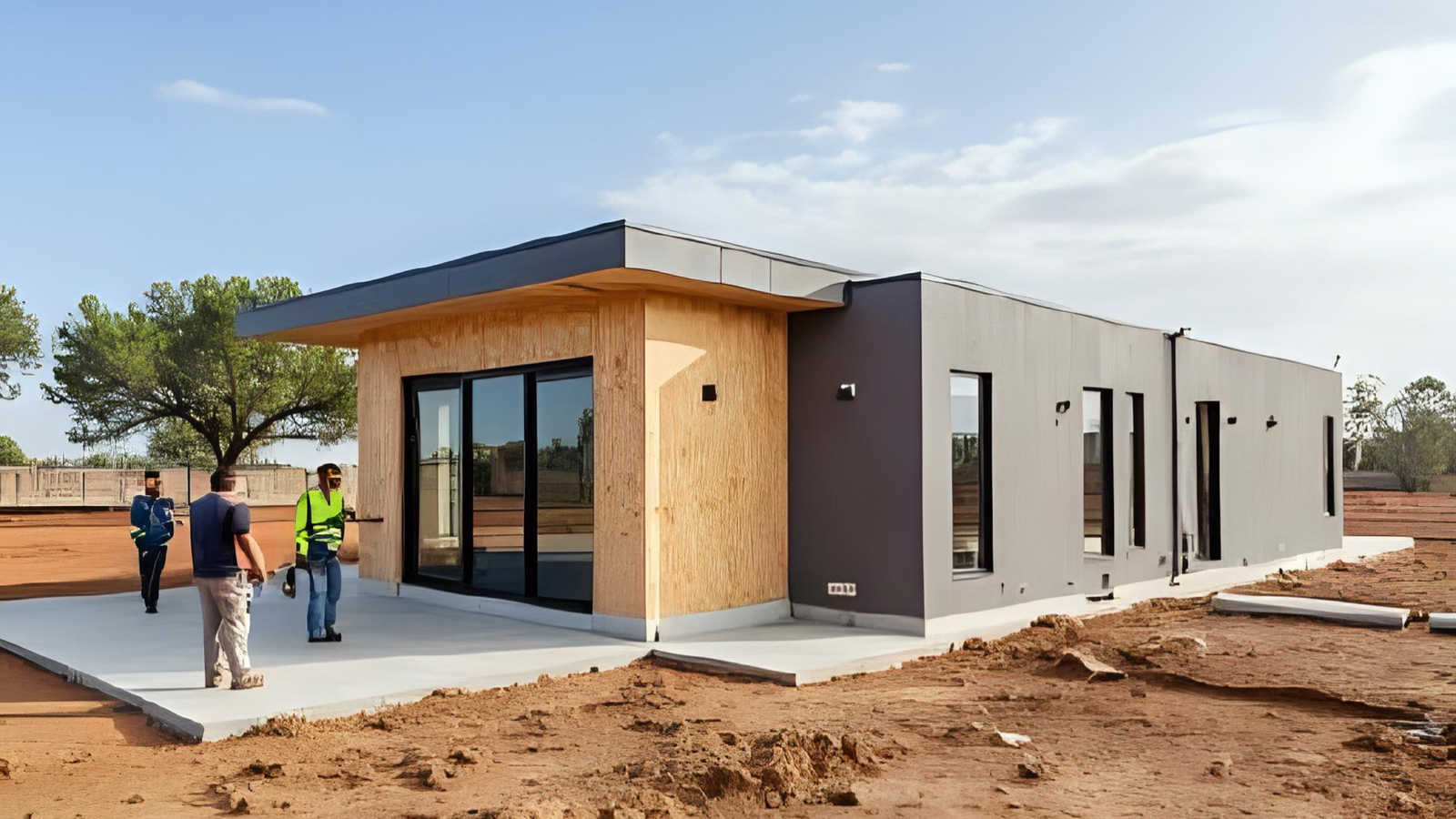Portugal’s housing landscape is entering a new era, as credit for prefabricated houses experiences unprecedented growth. What was once a niche option is now a mainstream solution, with increasing numbers of banks providing mortgages for man-made modular homes—offering families a faster, more affordable path to homeownership.
Prefab Homes: From Alternative to Mainstream
In recent years, prefabricated houses have moved firmly into the spotlight. Their popularity has surged, thanks largely to more competitive pricing, shorter build times, and more predictable construction costs compared to traditional homes. Since most assembly takes place in the factory, these modular homes minimize delays and unforeseen expenses—qualities that have drawn a growing segment of Portuguese homebuyers.
For families looking to escape the unpredictability and rising costs of conventional construction, prefab homes offer a practical solution. This shift in consumer demand has not gone unnoticed by Portugal’s banks.
Banks Adapt to the New Trend
Leading institutions, including Caixa Geral de Depósitos (CGD), Millennium BCP, BPI, and Santander, report a marked increase in requests for prefab home mortgages. Caixa Geral de Depósitos even offers a specific loan product dedicated to prefabricated houses. Other banks have adjusted their typical mortgage terms to cover such projects, and some, like Millennium BCP and BPI, have indicated they may roll out dedicated prefab financing soon if demand continues to grow.
These mortgage offers frequently mirror the lending conditions for traditional homes—provided the prefabricated project is licensed as a permanent residence. The evaluation process by banks does include several extra steps, including scrutiny of building materials, structural durability, and project certification. Standard requirements like life and comprehensive insurance also apply.
What Buyers Should Know About Prefab Mortgages
While borrowing for a prefabricated home in Portugal is becoming easier, prospective buyers should consider some distinctions:
- Advance payments: Prefab construction moves fast, often requiring larger initial payments for materials and assembly.
- Project licensing: Mortgage eligibility relies on proper urban licensing classifying the prefab as a permanent residence.
- Bank assessment: Lenders will appraise not just your finances, but also the home’s structure, durability, and official certification.
- Comparable rates: Interest, spreads, and term lengths are usually aligned with traditional home loan offerings.
- Insurance: Standard mortgage-linked insurances are required, as with any conventional home loan.
Importantly, buyers should note that this type of mortgage is distinct from financing for mobile homes, container homes, or caravans, which usually fall under consumer credit rather than housing loans.
Looking Ahead: A Solution for Portugal’s Housing Needs
The upward trend in prefab home mortgages speaks to a broader shift in Portugal’s housing market. With affordability and speed of delivery now at a premium, modular homes could play a crucial role in addressing the nation’s housing shortage. Banks are responding in kind, and experts expect even more tailored mortgage products for prefabricated homes to hit the market soon.
For Portuguese families, this evolution brings a promising opportunity—increased access to quality housing at lower costs, without compromising on the security or stability of traditional homeownership. As Portugal mortgage trends evolve, prefab homes are poised to become a central solution for tomorrow’s homeowners.









